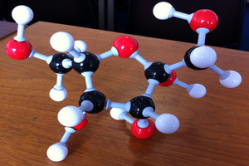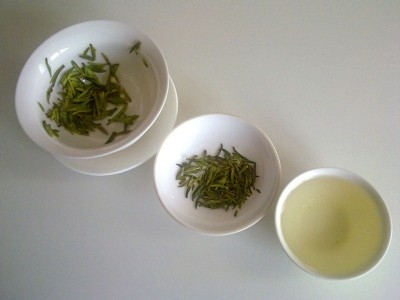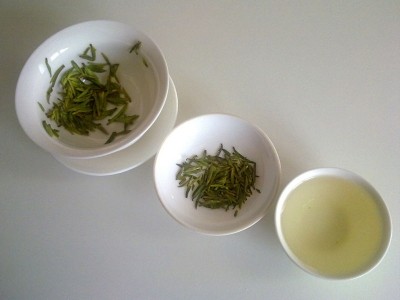Scientist salutes study showing lower satiety for fructose vs glucose drinks

The preliminary study, published in the January issue of the Journal of the American Medical Association (JAMA), assessed study participants using brain magnetic resonance imaging.
Introducing their research, Kathleen Page (Yale University School of Medicine) and colleagues said that increases in fructose consumption had shadowed rising obesity rates in the US, and that “high fructose diets are thought to promote weight gain and insulin resistance”.
The scientists found that drinking a 75g pure glucose preparation alone, and not a 75g pure fructose drink in isolation, reduced cerebral blood flow and activity in brain regions regulating appetite.
Ingestion of glucose alone produced increased ratings of satiety and fullness compared with fructose, which is very rarely used on its own as a beverage sweetener; high fructose corn syrup (HFCS) is processed to convert some of its glucose into fructose, to boost sweetness levels.
‘Major new finding’
In an accompanying JAMA editorial, Jonathan Purnell and Damien Fair from Oregon Health & Science University said the study supported the “conceptual framework” linking fructose consumption to neurobiological pathway changes that promoted increased food intake.
“The major new finding reported by Page et al. is that the hypothalamic brain signal generated in response to fructose ingestion was statistically different from the response following glucose ingestion,” Purnell and Fair wrote.
“[A] difference was found and is accompanied by an increased sensation of fullness and satiety after glucose, but not fructose, consumption.”
Page et al. said that rat studies showed that ‘central administration’ (injection into hypothalamus) of fructose in rodents provoked feeding, Page et al. said, while glucose promoted satiety. “Thus, fructose possibly increases food-seeking behavior and increases food intake”.
But the current study authors admitted that no-one really understood the human implications of the relation between brain regions and glucose- or fructose- inspired animal feeding patterns.
Lower insulin levels
Examining neurophysiological factors that could underlie associations between fructose consumption and weight gain, Page et al. recruited 20 healthy adults for two magnetic resonance imaging sessions.
The team found a significantly greater reduction in regional cerebral blood flow (CBF) in the hypothalamic region of the brain after glucose, rather than fructose, consumption.
“Glucose but not fructose ingestion reduced the activation of the hypothalamus, insula and striatum, brain regions that regulate appetite, motivation and reward processing,” Page et al. said.
“Glucose ingestion also increased functional connections between the hypothalamic-striatal network and increased satiety.”
The different responses to fructose were associated with reduced systemic levels of satiety-signaling hormone insulin, the scientists added.
They were not likely attributable to an inability of fructose to cross the blood-brain barrier into the hypothalamus, or to “lack of hypothalamic expression of genes necessary for fructose expression”.
Title: 'Effects of Fructose vs Glucose on Regional Cerebral Blood Flow in Brain Regions Involved With Appetite and Reward Pathways'
Authors: Page,K.A., Chan,O., Arora.J, Belfort-DeAguiar, R., Dzuira,J., Roehmholdt,B., Cline,G.W., Naik,S., Sinha,R., Todd Constable,R., Sherwin,R.S.
Source: Journal of the American Medical Association (JAMA), 2013;309(1):63-70, doi:10.1001/jama.2012.116975









